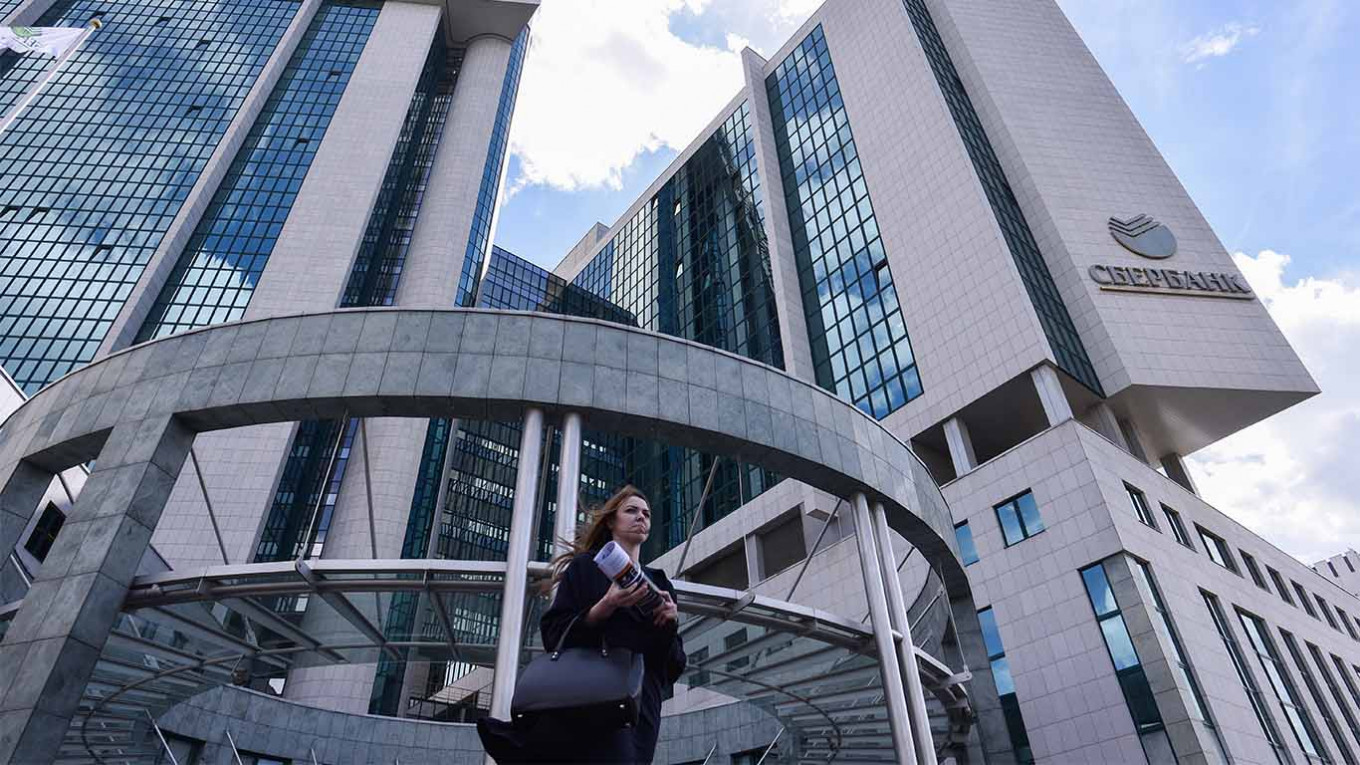Russian corporate giants Yandex and Sberbank finalized the terms of their long-awaited ‘divorce’ late June, in a major shake-up for the country’s technology, e-commerce and online payments scenes.
The breakup came with tech goliath Yandex and Russia’s largest bank, state-controlled Sberbank, announcing an agreement “to reorganize their two joint ventures” — Yandex Market and Yandex Money. Yandex will get full ownership of e-commerce platform Yandex Market, while Sberbank is to take full control of payment service provider Yandex Money, which it will rebrand to remove the ‘Yandex’ name.
To complete the deal, Sberbank will sell its 45% stake in Yandex Market for a cash consideration of 42 billion rubles ($590 million), and Yandex will sell its 25% stake in Yandex Money for approximately 2.4 billion rubles ($34 million). The deals are expected to close in the third quarter of 2020, according to company statements, having been approved by the boards of both companies. The Yandex Market transaction is subject to antitrust approval by Russian authorities.
Initial e-commerce romance
Yandex and Sberbank agreed their e-commerce alliance just three years ago, when each partner received equal shares in the new joint venture. Sberbank put $500 million on the table in the largest ever capital injection in Russian e-commerce, as Yandex added its existing marketplace Yandex Market to the deal.
In late 2018, the joint venture launched two additional online marketplaces — Beru, a classic e-commerce platform dedicated to domestic online sales, and Bringly, focused on inbound cross-border sales. Bringly, however, shutdown just a year later.
Yandex now seems bullish on the prospects of Yandex Market, which it will soon control entirely. The company’s chief financial officer Greg Abovsky said: “Given the great potential for further growth of e-commerce in Russia, we believe now is the right time for us to fully consolidate operating control over Yandex Market and accelerate our e-commerce strategy.”
To buy out Sberbank’s share and accelerate its push into online retail, Yandex raised $460 million on the Nasdaq exchange — where it has been publicly listed since 2011 — and closed a separate private funding placement of around $600 million, selling a total of 20.3 million shares for a combined $1.06 billion.
Among the new investors are names such as VTB Capital — the investment arm of Sberbank rival and Russia’s second largest bank, VTB — as well as Roman Ambromvich’s Ervington Investments and Treliscope, which is linked to Alexander Abramov and Alexander Frolov.
Yandex’s Abovsky said the capital injections “will give us the firepower we need to build one of the leading e-commerce players in Russia, while also maintaining the flexibility to pursue other strategic opportunities.”
Sberbank’s U-turn
The relationship between Yandex and Sberbank started weakening in 2018, after Yandex co-founder and main shareholder Arkady Volozh declined Sberbank’s offer to buy a controlling stake in the firm.
Unable to increase its control over the technology giant, Sberbank shifted its attention towards Mail.Ru — Yandex rival and owner of the ‘Russian Facebook’ social media platform VKontakte. Their alliance started in July 2019 with the creation of a joint venture, named O2O, to develop ride-hailing and food delivery activities. Mail.Ru’s takeaway aggregator and courier service Delivery Club has become a rival to Yandex Eats, while taxi service Citimobil competes against Yandex Taxi.
The separation continued throughout the rest of 2019, with Sberbank announcing last November it would relinquish its golden share in Yandex, as part of a sweeping Kremlin-backed Yandex restructure which saw the formation of a new public interest foundation designed to stop Yandex — and its customer data — falling under foreign control.
That same month, Sberbank and Mail.Ru deepened their relationship with new digital projects and a plan to develop artificial intelligence (AI) initiatives in Russia, as well as Sberbank announcing plans to take a $170 million stake in Mail.Ru Group, and that it was considering a large capital injection into Ozon — one of the leading Russian e-commerce companies, and a rival to Yandex Market’s Beru.
Sberbank also moved into the driverless vehicles market in late 2019 — another sector currently dominated by Yandex in Russia and a potential challenge to Yandex Taxi — by purchasing a stake in Cognitive Technologies, a Russian software corporation that develops AI-based driver assistance systems.
New prospects
Amid such increased competition between the Yandex and Sberbank ecosystems, analysts said the formal divorce could benefit both companies. VTB analyst Mikhail Shlemov said it was both “logical” and could prove a “rare win-win.”
By abandoning formal ties, Yandex will be able to develop its own fintech products to complement its bulging business lines in e-commerce and ride-hailing, as well as its traditional dominance in search and online advertising. Shlemov identified personal finance and investment products as two potentially lucrative business arms Yandex could now explore, citing the company’s high brand value as a strong marketing tool with future customers.
The alliance between Yandex and Sberbank was seen as conservative for the tech company — a safer way to explore new business lines. The divorce, VTB analyst Vladimir Bespalov says, shows the company is now more confident in its ability to operate more independently in new markets.
Sberbank, meanwhile, can now develop its exposure to e-commerce — an area of high priority for the bank — without being tied to Yandex Market. Yandex Market had been a cash-eater, only expected to turn profitable by 2023. Sberbank’s return on investment for the joint venture came in at 12.6%, below the market average for returns in e-commerce and Sberbank’s own earnings level — more than 20% and 14%, respectively.
Analysts expect the bank will use the proceeds from selling its stake in Yandex Market to invest in a top-tier e-commerce player, like Ozon, and try to capture higher returns from the growing industry in the future.
A version of this article first appeared on East-West Digital News.
A Message from The Moscow Times:
Dear readers,
We are facing unprecedented challenges. Russia's Prosecutor General's Office has designated The Moscow Times as an "undesirable" organization, criminalizing our work and putting our staff at risk of prosecution. This follows our earlier unjust labeling as a "foreign agent."
These actions are direct attempts to silence independent journalism in Russia. The authorities claim our work "discredits the decisions of the Russian leadership." We see things differently: we strive to provide accurate, unbiased reporting on Russia.
We, the journalists of The Moscow Times, refuse to be silenced. But to continue our work, we need your help.
Your support, no matter how small, makes a world of difference. If you can, please support us monthly starting from just $2. It's quick to set up, and every contribution makes a significant impact.
By supporting The Moscow Times, you're defending open, independent journalism in the face of repression. Thank you for standing with us.
Remind me later.







